webdevelopment
cms
contentmanagementsystem
CMS for Web Development - Everything You Need to Know
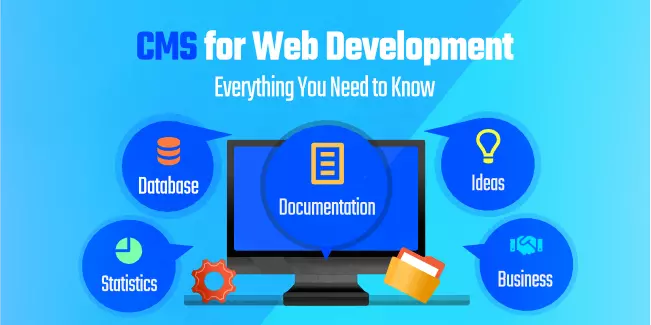
As a software development company, we have been creating successful websites and web applications for our clients for many years. In our experience, some people forget that creating a website is just the beginning. To fulfill its function, the website must be updated on an ongoing basis and adapted to the changing market conditions because only this will allow it to achieve a competitive advantage.
The last stage of the software development life cycle is the proper maintenance and management of the website. The Content Management System is an indispensable tool for this task. Over 64 million active websites currently use a content management system (CMS). With more than 2,000 options and new ones constantly emerging, it can be hard to find the most suitable CMS for your needs. This article will cover the top 13 content management platforms to help make your decision easier.
What is a Content Management System?
A content management system (CMS) is a software platform that allows users to create websites and edit and update content easily. It is open-source and can be owned by anyone who runs their own website. Its operation is simple; all you need to do is log in to the admin panel from which most tasks can be completed.
There are many types of content management systems available. The most popular types are:
- Open-source CMS - this system allows users to access and change files and code as they see fit. These systems are popular because they offer many free customization options like templates, plugins, and modules.
- Subscription system - system shared among many customers. They do not have access to the website code and thus cannot interfere with the template's layout. Also, they can't manage content. In this system, dedicated functionalities are not possible.
- Original CMS - system prepared for special orders with a unique graphic template and dedicated functionalities. It is a much more expensive solution.
- Cloud CMS - a system that doesn't require any software to be downloaded, where users can securely manage their web content in the cloud and easily access it from multiple devices.
The benefits of a Content Management System
One of the main advantages of CMS is that multiple users can contribute, plan or manage content for publication. The interface is typically browser-based so that CMS can be accessed from anywhere.
A CMS's second main benefit is that non-technical users who don't know programming languages can still create and manage web content by themselves. Most CMS platforms come with user-friendly drag-and-drop editors, so all someone has to do is enter text or upload images - no coding skills necessary.
A company that uses a CMS to publish its websites can rely less on developers to make changes, making new publications faster and easier.
How to Choose the Best CMS?
The most successful CMS platforms deliver the right tools and features to their intended users. Here are a few key factors to keep in mind while looking for the best platform for your needs:
- Your website's business requirements - Depending on the nature of your website and the content published on it, you need to find a CMS that meets your website's business requirements. The blog site has different requirements, and the e-commerce platform differs. Therefore, CMS must be matched to the given page.
- Price - There are many free CMS and paid platforms where the payment system is very diverse. You can also make CMS dedicated exclusively to your website. Regardless of your chosen solution, pay attention to cost issues and your budget.
- Scalability - If you plan to develop your website, then the appropriate level of scalability provided by CMS is an issue you must consider.
- Ease of Use - Choose a CMS that suits your skill level. Some platforms are for novice users with no technical skills, while others are very complex and require coding skills to operate.
13 Best Content Management System
Whether you're running a blog, e-commerce site, or culinary advice site, you need to be able to create, add, and edit the content on your site instantly. Many content management systems can help you with this task. Choosing the right system depends on individual business requirements; however, it is worth remembering that the best and most popular content management systems are easy to use and offer additional possibilities.
WordPress
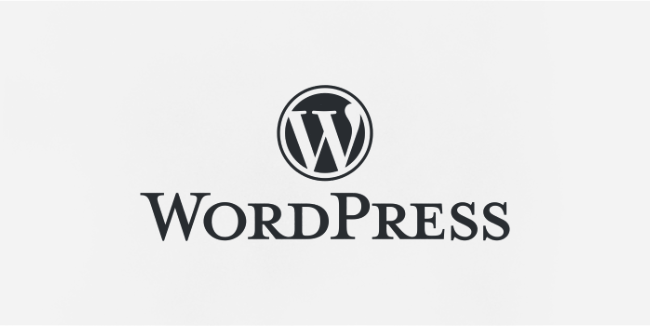
WordPress is the most popular content management system (CMS) for web development, hosting, and blogging by a vast margin. Over 42% of all websites use WordPress, which amounts to approximately 60 million web pages.
This software is free and easy to use, with a constantly evolving community of open-source volunteers who offer new web development solutions. You can find countless themes and plugins for your software from this incredible resource.
With the Android and iOS apps, you can easily publish blogs and monitor vital traffic data from your mobile device. WordPress has 24/7 support for web developers via live chat, email, forums, and help pages- one of its many advantages. Another key point is its built-in Search Engine Optimization (SEO) for Google, Bing, and Yahoo.
Joomla
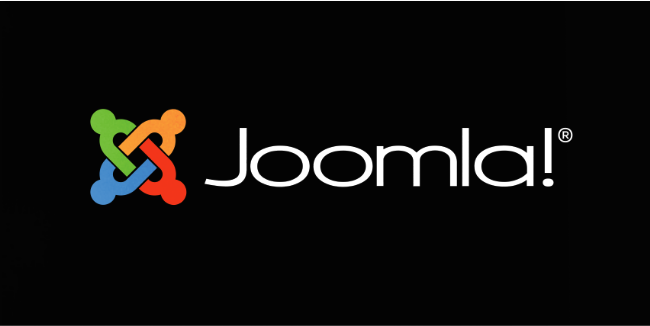
Joomla is a free, open-source PHP website development platform supported by the open-source community. It is popular among freelance developers as an alternative to WordPress because it can be easily integrated with databases such as MySQL, MS-SQL, and PostgreSQL. If you're looking for a powerful platform for building custom websites, Joomla should definitely be at the top of your list.
Joomla delivers an easy-to-use interface to help you create the website of your dreams while being compatible with popular sites such as eBay, Barnes & Noble, IKEA, etc. Joomla integrates easily with web hosting service providers, is mobile-ready, and offers various themes and plugins. It's no wonder that over 3,000 government organizations have turned to Joolma for their site needs.
Drupal
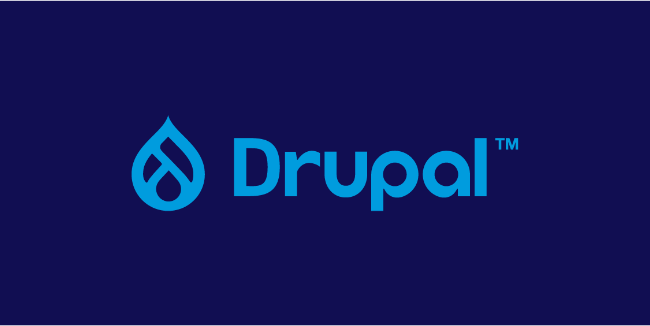
Drupal is a free and open-source CMS platform written in PHP. The software is distributed under the GNU General Public License, which grants anyone the freedom to use, study, change, and distribute it. Platform users range from private individuals to corporations and government institutions; for example, WhiteHouse.gov runs on Drupal. Other notable Drupal sites include NBCUniversal media websites like harvard.edu or tesla.com, Princess Cruises' travel website prinesscruises.com, plusnbcnews.com, and weather.com from The Weather Channel television network.
One of the reasons why developers often choose Drupal is that it's easy to build and customize websites. Not only is Drupal convenient to use and access, but it will optimize your website's security. It is also important to note that Drupal sites get more web traffic than most other CMS software platforms.
It's worth noting, however, that Drupal is not a beginner's system. Despite its many benefits, this tool is not for you if you are new to web development.
Magento
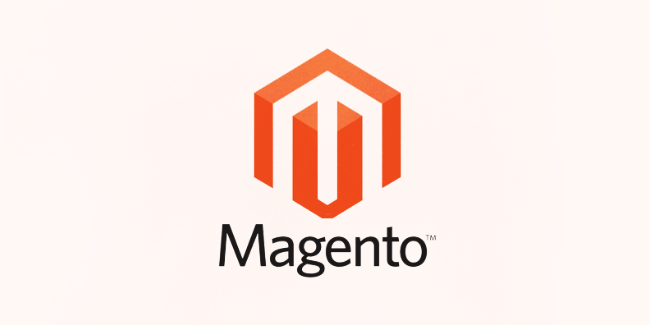
Magento is one of the best eCommerce platforms. Magento is ideal for medium to large eCommerce stores as it provides countless features and benefits that allow store owners to fully customizable their online store. It makes Magento a powerful tool for easily managing even the largest online stores while still providing mobile users with an optimized viewing experience through mobile-adapted content. While most other eCommerce platforms focus on security, SEO, or customization separately, Magento offers all these key features in one comprehensive package.
The disadvantage of this system is that it is complex and difficult to use. Even an experienced web developer may have a problem with using this system.
PrestaShop
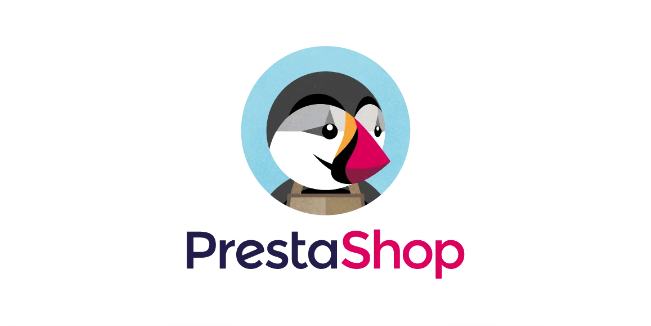
PrestaShop is another popular CMS platform for small and medium eCommerce businesses. Its flexible platform, active community and wide features make it a good choice for managing an online store. The rich interface helps users to enter and monitor products quickly. The application has an extensive panel with a large number of valuable functions.
Although PrestaShop is free, it requires web hosting and a domain name. However, scalability is lacking, which can present problems for some people.
Concrete5
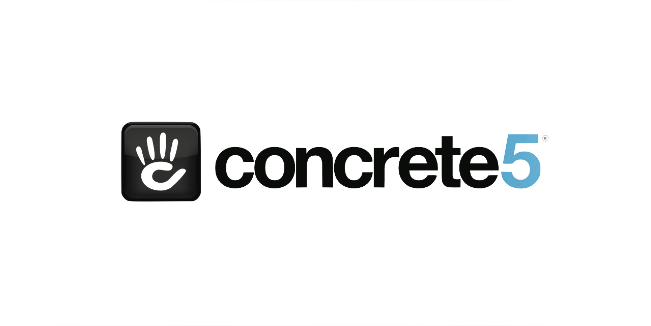
Concrete5 is software available for free to everyone. It allows anyone to manage and customize website content with easy drag-and-drop tools, regardless of their technical abilities. Safe user management is a priority with this CMS and makes it great for websites run by multiple developers. If you're looking for website development for your company and are trying to decide on a platform, this one would be best suited for medium to large businesses. Unfortunately, the significant disadvantage is the lack of automatic saving when making changes, which makes the work a bit more complicated.
Contentful
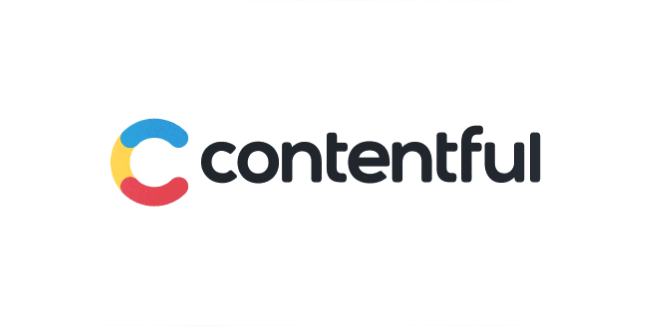
Contentful does not store its content within the website. Instead, it uses an API that presents the content as data. Because of this, the platform is seen as complicated by those not technologically savvy. However, it is worth noting that Contentful is adaptable to all digital platforms, web browsers, and mobile applications.
Contentful is perfect for anyone fashioning a personalized website that ties in with other digital media.
Sitecore
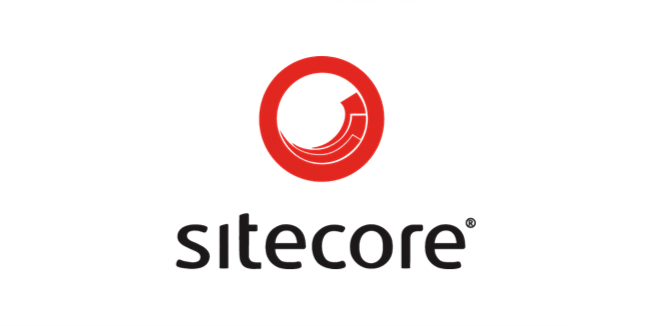
Sitecore is an enterprise CMS built on the ASP.NET platform that allows you to create content for multiple digital platforms, similar to Contentful. Its ability to seamlessly integrate with other marketing tools sets this CMS apart. It has a highly intuitive and friendly user interface. However, compared to other CMS systems, this tool is costly. Besides, it offers no support, nor is there a community that can help in case of difficulties.
Sitecore is a CMS platform that has been proven to work well for larger companies that don't have budget restrictions.
Umbraco
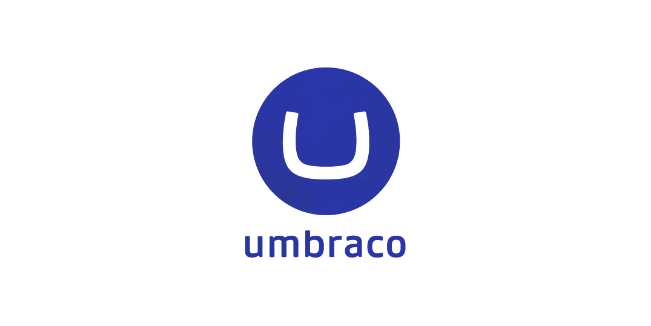
If you're looking for an alternative to WordPress, look no further than Umbraco. This open-source content management system is based on Microsoft's .NET framework and is just as user-friendly. What sets Umbraco apart from other open-source platforms is its team of experts who provide enterprise-level support. The great advantage of Umbraco is the display of content on all available digital platforms. In addition, this system pays excellent attention to data security. Unfortunately, it does not have a developer community, and some plugins do not offer extended functionality.
Umbraco is an excellent solution for companies with various types of content on their websites, e.g., recipes, films, product descriptions, or information about current promotions.
Sitefinity
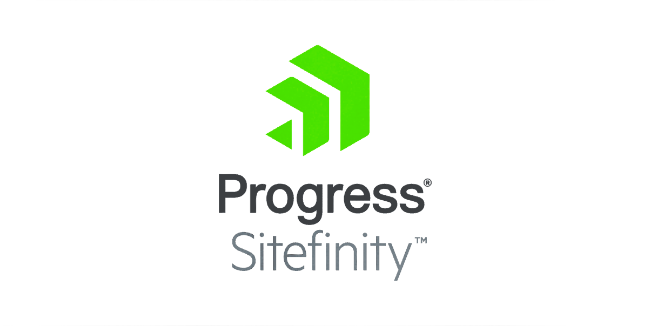
Sitefinity is an excellent CMS platform for digital marketing. Its ability to easily engage and retain visitors sets this platform apart. Additionally, the platform helps create a personalized user journey.
Sitefinity provides statistics on user activity on the website so that the website can be optimized quickly. In addition, this system uses a "drag and drop" mechanism, which makes its use extremely simple and pleasant. Unfortunately, it does not provide automatic updates, which can be a problem for the forgetful.
Sitefinity offers licensing and subscription, but for 30 days, you can test this platform for free.
Kentico
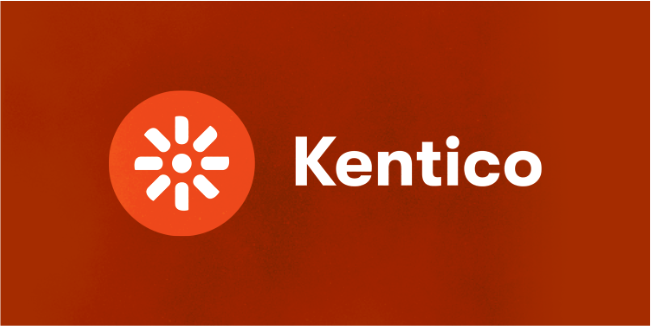
Kentico is a cloud-based content management software that allows easy integration and content delivery across various digital platforms via its comprehensive API. Kentico attaches great importance to data security and backup functions. Also, practical marketing tools help you connect with more people and interest your visitors.
It is an ideal solution for companies that need multifunctionality, such as Skype.
The cost of this system is higher than that of other CMS platforms, and a lot of technical knowledge is required to develop the site.
Magnolia
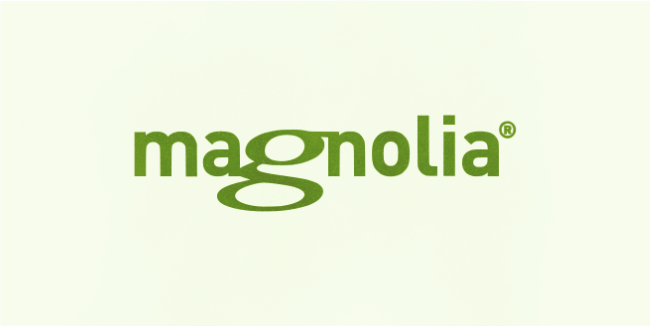
Magnolia is an excellent option if you're looking for a reliable and stable enterprise-level CMS. It's open source and written in Java, so it can easily handle demanding digital experiences.
Magnolia is easy to use and has excellent scalability. As some features require some knowledge of Java, this is not a beginner's system.
Magnolia does not publish a price list. If you are interested in this solution, you must contact a sales representative who will provide you with an individual quote. Besides, this CMS allows for 30 days of free testing.
Hubspot CMS
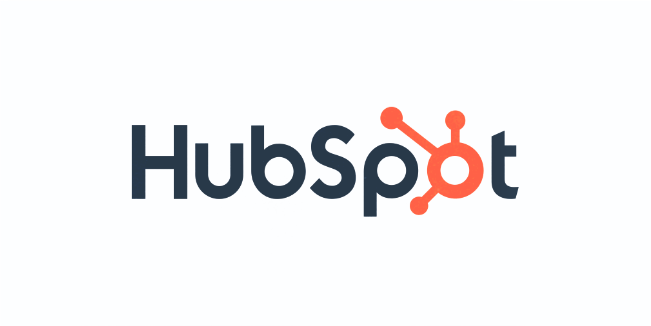
HubSpot CMS is an excellent option for building a website that can be easily updated and edited. It is also ideal for beginners as it does not require any technical knowledge from the user. There are many benefits to using integrated sales and marketing tools, including increased reach and engagement.
HubSpot CMS provides a dedicated team that continuously monitors the platform to check for attacks and handle regular virus scans. Unfortunately, it does not have direct technical support.
HubSpot CMS is the best choice for basic websites.
Conclusion
Above, we have presented popular content management systems that enjoy an excellent reputation. Choosing the right system must be directly related to your website's nature and business requirements. No one platform meets all possible user requirements.
As a web application company, we have been creating successful websites and applications and ensuring their maintenance and development for many years. That is why we are the perfect partner for you. If you need help choosing or want to have CMS dedicated only to your website, arrange a free consultation with our web developers.